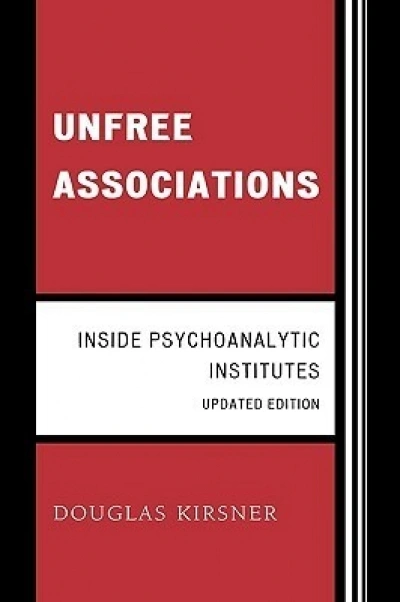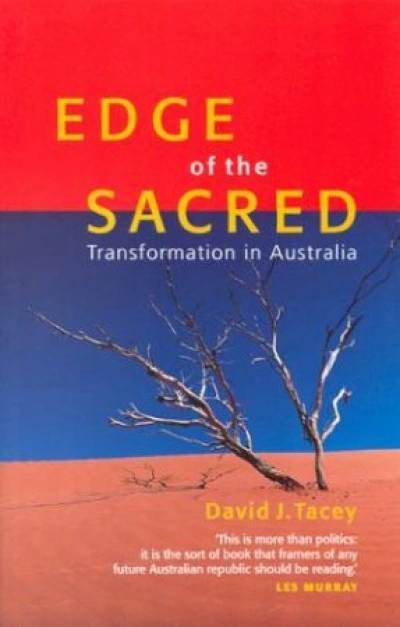Max Charlesworth
Unfree Associations: Inside psychoanalytic institutes by Douglas Kirsner
by Max Charlesworth •
Edge of the Sacred: Transformation in Australia by David J. Tacey
by Max Charlesworth •
Life Among the Scientists: An anthropological study of an Australian scientific community by Max Charlesworth, Lyndsay Farrall, Terry Stokes and David Turnbull
by Damien Broderick •







